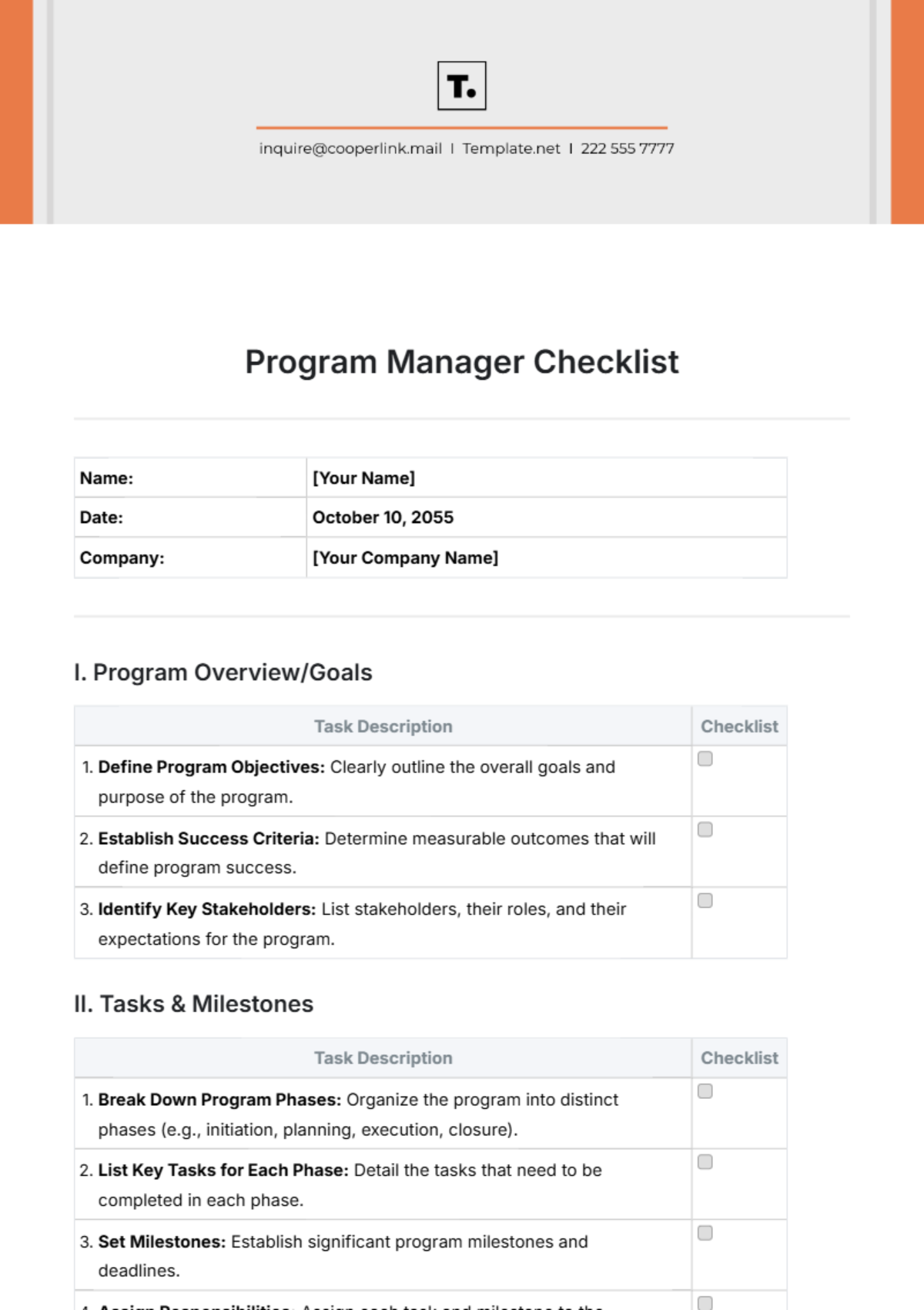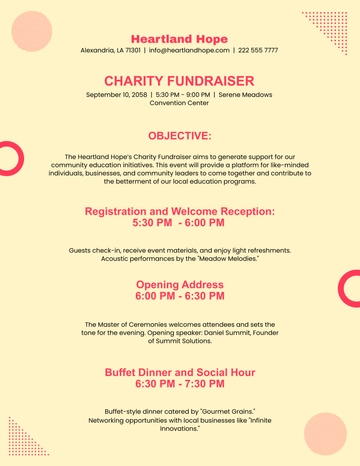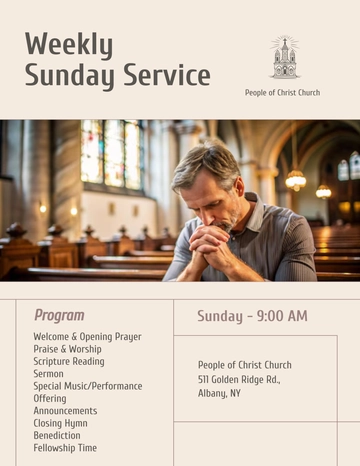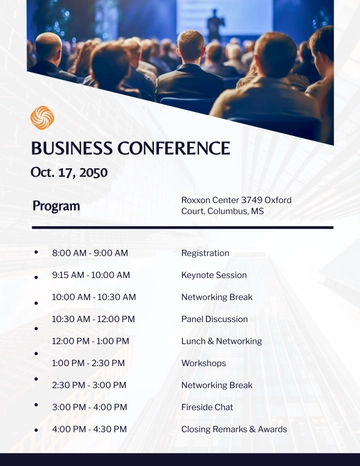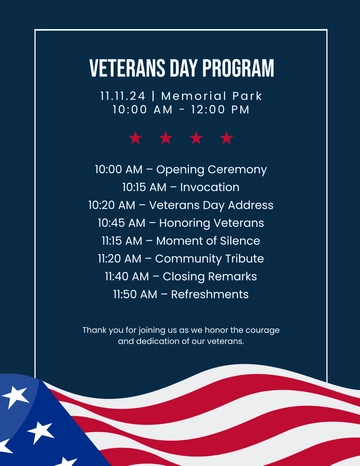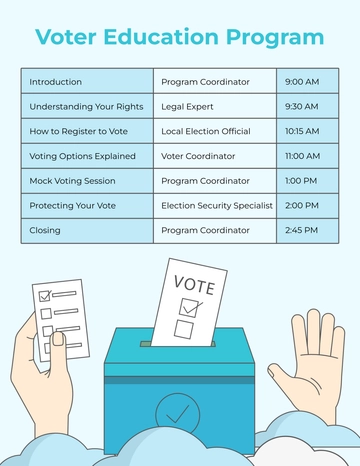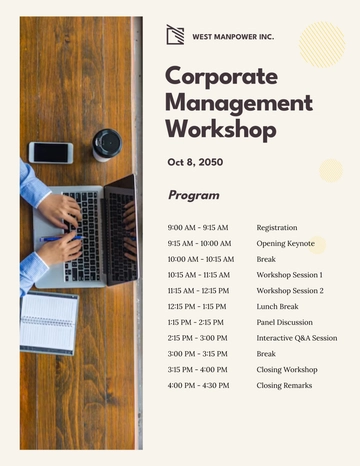Program Manager Checklist
Name: | [Your Name] |
Date: | October 10, 2055 |
Company: | [Your Company Name] |
I. Program Overview/Goals
Task Description | Checklist |
|---|
Define Program Objectives: Clearly outline the overall goals and purpose of the program.
| |
Establish Success Criteria: Determine measurable outcomes that will define program success.
| |
Identify Key Stakeholders: List stakeholders, their roles, and their expectations for the program.
| |
II. Tasks & Milestones
Task Description | Checklist |
|---|
Break Down Program Phases: Organize the program into distinct phases (e.g., initiation, planning, execution, closure).
| |
List Key Tasks for Each Phase: Detail the tasks that need to be completed in each phase.
| |
Set Milestones: Establish significant program milestones and deadlines.
| |
Assign Responsibilities: Assign each task and milestone to the appropriate team members or departments.
| |
III. Resource Requirements
Task Description | Checklist |
|---|
Identify Required Resources: List the resources needed, including personnel, budget, and technology.
| |
Allocate Resources: Ensure proper allocation of resources for each phase and task.
| |
Monitor Resource Utilization: Track resource usage and adjust as necessary to meet program goals.
| |
IV. Risk Management
Task Description | Checklist |
|---|
Identify Potential Risks: Anticipate risks that could affect the program’s progress (e.g., resource shortages, delays).
| |
Assess Risk Impact and Probability: Evaluate the likelihood and potential impact of each risk.
| |
Develop Mitigation Strategies: Create plans to minimize or eliminate risks.
| |
Establish Risk Monitoring: Continuously monitor risks throughout the program and adjust plans as needed.
| |
V. Stakeholder Communication
Task Description | Checklist |
|---|
Create a Communication Plan: Develop a plan detailing how and when updates will be provided to stakeholders.
| |
Regular Updates: Schedule regular meetings or reports to keep stakeholders informed.
| |
Feedback Mechanisms: Establish channels for stakeholders to provide feedback and address concerns.
| |
Document Communication: Keep records of communication with stakeholders for transparency and accountability.
| |
VI. Monitoring & Evaluation
Task Description | Checklist |
|---|
Set Performance Metrics: Define key performance indicators (KPIs) to measure program success.
| |
Track Progress: Continuously monitor the progress of tasks and milestones against the program plan.
| |
Evaluate Outcomes: At the program’s conclusion, evaluate its overall performance against the established goals.
| |
Adjust Plans if Necessary: Make adjustments to the program based on ongoing monitoring and feedback to ensure alignment with goals.
| |
Checklist Templates @ Template.net
